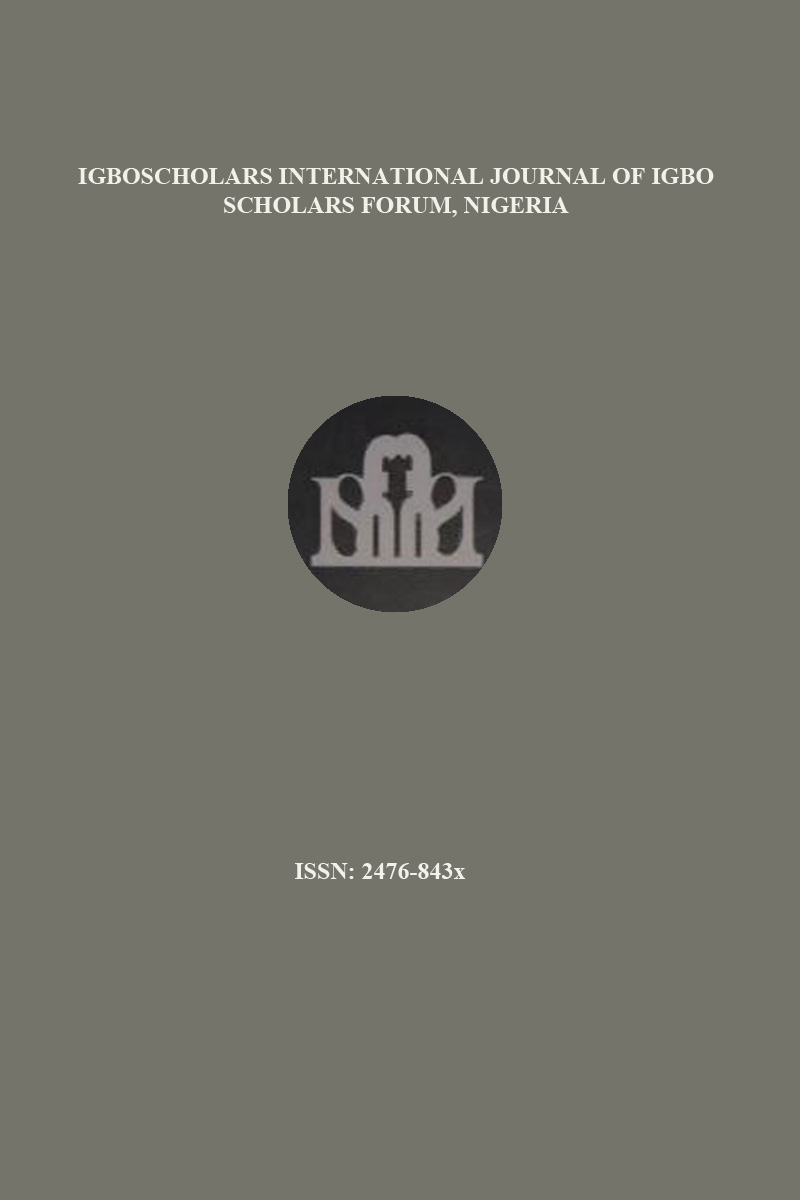BREAKING BARRIERS AND SHAPING POSITIVE ATTITUDES FOR INCLUSIVE POLITICS IN NIGERIA
摘要
Inclusive politics means that every person can engage on an equal footing, irrespective of gender, ethnicity, religion, economic status, or disability, in making choices about how to be governed. In Nigeria, the vision of inclusive politics is confronted by deep-rooted cultural, economic, institutional, and system-level barriers that exclude some groups, especially women, youth, persons with disabilities (PWDs), and minority ethnic communities. This paper discusses these challenges and offers ways of overcoming them and advancing constructive attitudes that support inclusive governance. Reforms in law, civic education, redefining political parties, and the media are offered as vehicles for inclusion. Using Nigerian and international examples, the paper brings out the inter-sectionality, representation, and participatory democracy necessary to reshape Nigeria's political scene.


